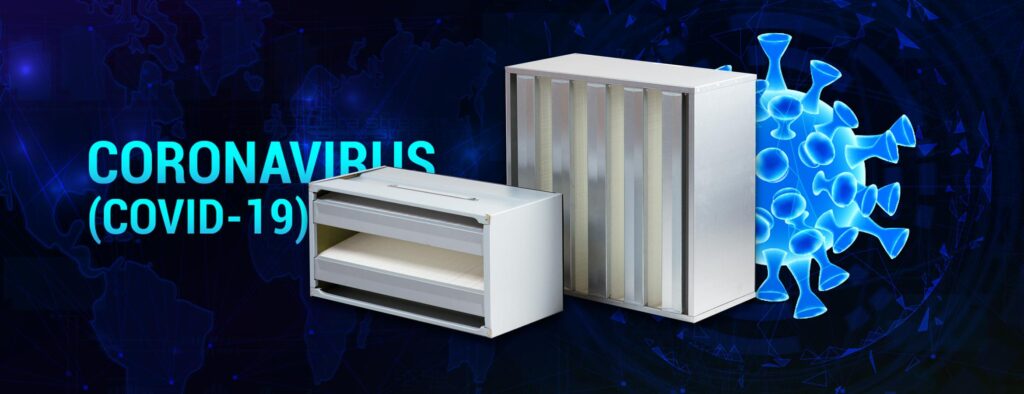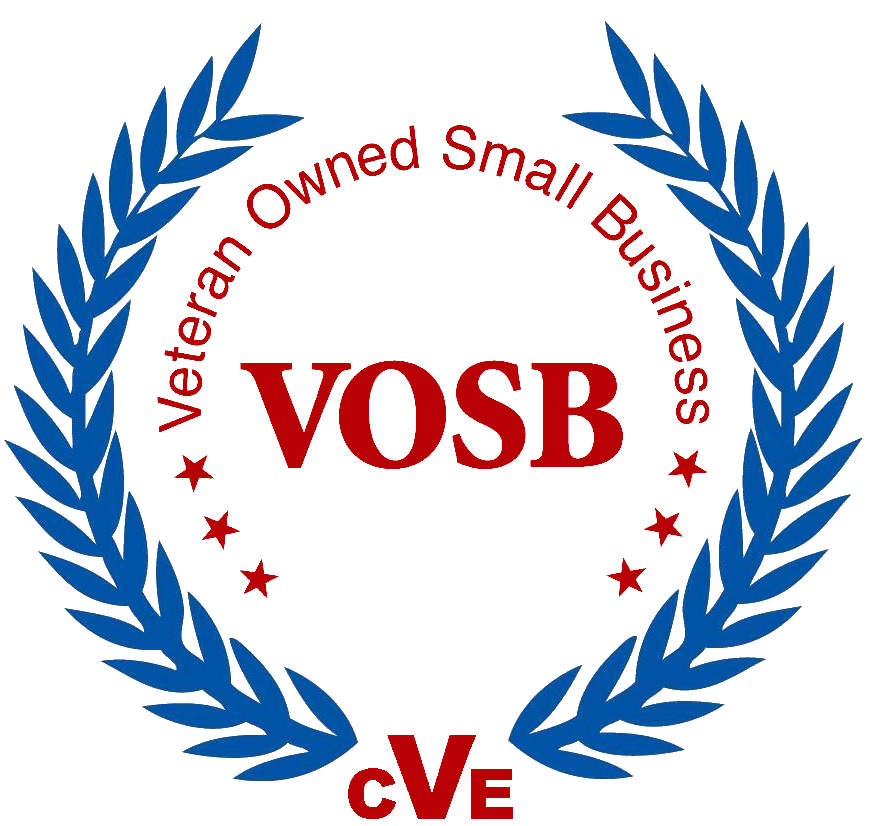
In light of the recent outbreak of the Coronavirus, many businesses are being forced to shutter their doors and send employees home to avoid contamination and spread. People are panicking and toilet paper is disappearing from shelves! But there is another way to protect yourself, your business, and/or employees — and it involves staying educated on how viruses spread and the best prevention methods a business can take.
Viruses and How They Spread
A virus is a microscopic organism that is among the most abundant biological entities on planet Earth. These organisms can spread from human to human (or in some cases, from animal to human) though the exchange of saliva, contaminated water or food, from an insect bite, simple coughing or sneezing, and through basic touch.
Various bodily fluids, like saliva, mucus, and sweat, spread through the air in the form of tiny droplets. These droplets can contain viruses, and if they do, the viruses can linger. Whenever someone coughs or sneezes, these tiny droplets disperse and can land several feet away, as well as infect the air for up to 10 minutes after the initial cough according to virologists. Surfaces can stay contaminated for up to four hours after contact at room temperature. Sometimes, a virus can spread through a host animal, otherwise known as “zoonosis.”
The most common spread of viruses is by airborne microorganisms. Indoor air is confined with no means of escape, recycled through vent systems; it has the most contaminants and will statistically cause the largest spread of infections. It is far more likely that someone working indoors will catch an infection versus someone working outdoors.
Therefore, maintaining a highly sanitary and hygienic workplace environment is the key to protecting from viruses and stemming the spread of an outbreak. Of course, keeping the already infected away is vital, as the entire air filtration system in a building will be affected. The goal is to reduce infections at an individual level, so that larger scale infections don’t take place.
Tips for Combatting Airborne Infections in the Workplace
● Humidity Control: Having a higher humidity in the workplace will help stem the spread of an infectious virus. Scientists have proven that having a humidity level between 40-60% inside shortens the infectiousness of airborne influenza.
● Ultraviolet and Germicidal Irradiation: Certain UV lights are capable of germicide — killing bacterial and viral microorganisms. This is accomplished by moving the proper UV light over the infected surface for the specified amount of time and viral or bacterial infection will reduce significantly.
● Industrial Air Filtration and Cleaning: Closed doors and windows, alongside a recycled air system, cause stagnant air that allows for the harboring and spread of airborne viruses, bacteria, and allergens. Use of a HEPA filter can help remove tiny microbes, including not only the cold a flu virus, but also various allergens, such as mold spores, dust, pet dander, smoke particles, and pollen, reducing the number of harmful germs in the closed environment.
Used for decades in a wide range of life sciences applications, including many healthcare facilities, HEPA (high-efficiency particulate) filters have been proven to control the spread of airborne particles, bacteria, and viruses.
HEPA air filters are often recommended by many professional engineering organizations in healthcare facilities, infection control clinics, and hospitals to help eliminate various dangerous particles, including microbes.
A HEPA filter can help eliminate the particles from the air, but it does not kill viruses. It is important to make this distinction. Instead, the industrial filters work by trapping various particles in the air. Viruses and bacteria attach themselves to larger particles in the air, though by themselves they are incredibly small.
The efficiency of the filter is determined by the particle size that it has the lowest efficiency for, or is most likely to get through the filtration layers. The MPPS (most penetrating particle size) is a measurement typically between 0,1 – 0,25 micrometers in size. The filter will work better for smaller and larger particle, as these get caught in the multitude of layers creating the filter.
Assessing Your Industrial Air Filtration Needs
First you need to assess your personal needs for air filtration. If you are trying to filter the air in a home or small office, a filter with a MERV rating of 15/15A would be sufficient. For industrial needs, you will need a filter that is a little stronger. Consider your working environment and if it is an area that is potentially a higher virus concentration area such as an airport, school, or medical facility. In such cases, it would be wise to consider an air filtration system that utilizes an industrial HEPA air filter or even several stand-alone room purifiers. Extra special considerations and precautions must be taken if you work in a laboratory or in quarantined areas.
In an HVAC system, it is possible to install an industrial HEPA filter, filtering out the particulates and biological pollutants circulating through the system and preventing them from being carried back into the rooms. The air filters can capture and hold airborne pollutants as the unfiltered, infected air travels through the HVAC’s ductwork. Fitting appropriate high efficiency air filters aids an extra layer of protection against pathogens and particulate matter.
Using Your Commercial Air Filtration System to Keep the Air Infection Free
It is important to remember that installing a HEPA filter is the first step in keeping the air in your workplace infection free. The ventilation system of an HVAC will extract chemical contaminants, dust particles, bacteria, and harmful viruses along with other toxic particles, but some of this matter gets caught up in the normal filters and duct work. This causes serious health risks if left unchecked, as the contaminants remain. The ventilation system needs to be cleaned and maintained regularly to avoid obstructions and a buildup of harmful particulates. The cleaner the air filtration system, the better at keeping your workplace free from toxins.
To help maintain the hygiene and cleanliness of the system, the first step is checking the industrial filters’ age and if they have collected a lot of dirt or other organic materials that could easily support the growth of mold. At first signs of workplace outbreak, it is recommended to swap all filters for fresh, clean filters immediately. Consider upgrading the filter class if you maintain the system consistently and are still experiencing an outbreak.
It is also recommended to check all seals and gaskets to ensure that no air is passing through that shouldn’t be. Of course, some HVAC systems are more complex and will require a skilled technician with the proper equipment to ensure that all filters are sealed correctly. In high risk and critical workplaces, such as a quarantine unit or bio-safety lab, it is necessary to maintain the “bag-in bag-out” filter change procedure to ensure that contaminants are not exposed back into the air.
Coronavirus and HVAC:
ASHRAE has developed proactive guidance to help address coronavirus disease 2019 (COVID-19) concerns with respect to the operation and maintenance of heating, ventilating and air-conditioning systems. Their webpage provides easily accessible resources from ASHRAE to building industry professionals. Call AFC for an analysis of your industrial air filtration system.
Click here to learn more about the ASHRAE Standards and Guidelines.

Advanced Filtration Concepts is a
Certified Veteran-Owned Small Business.
